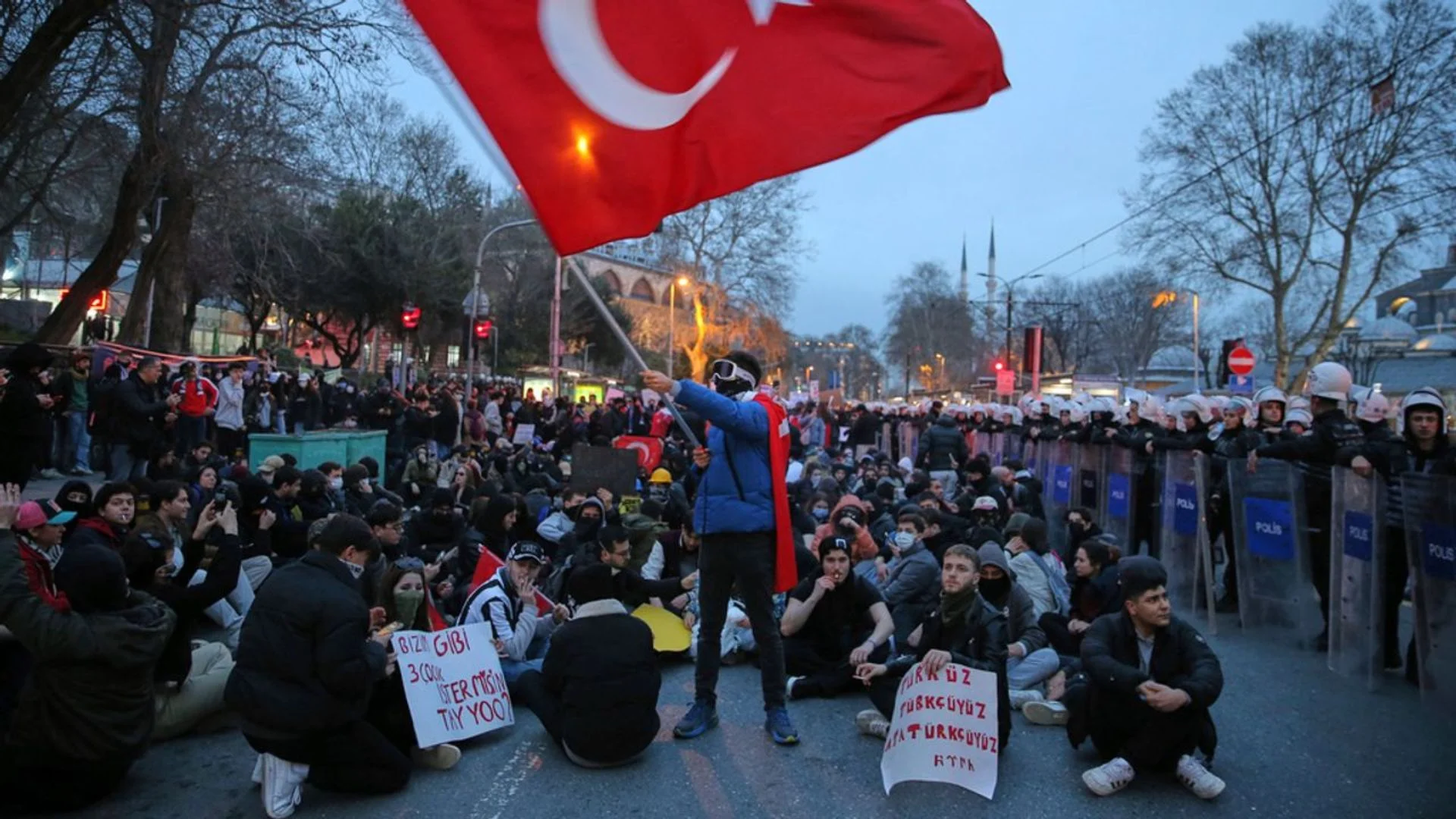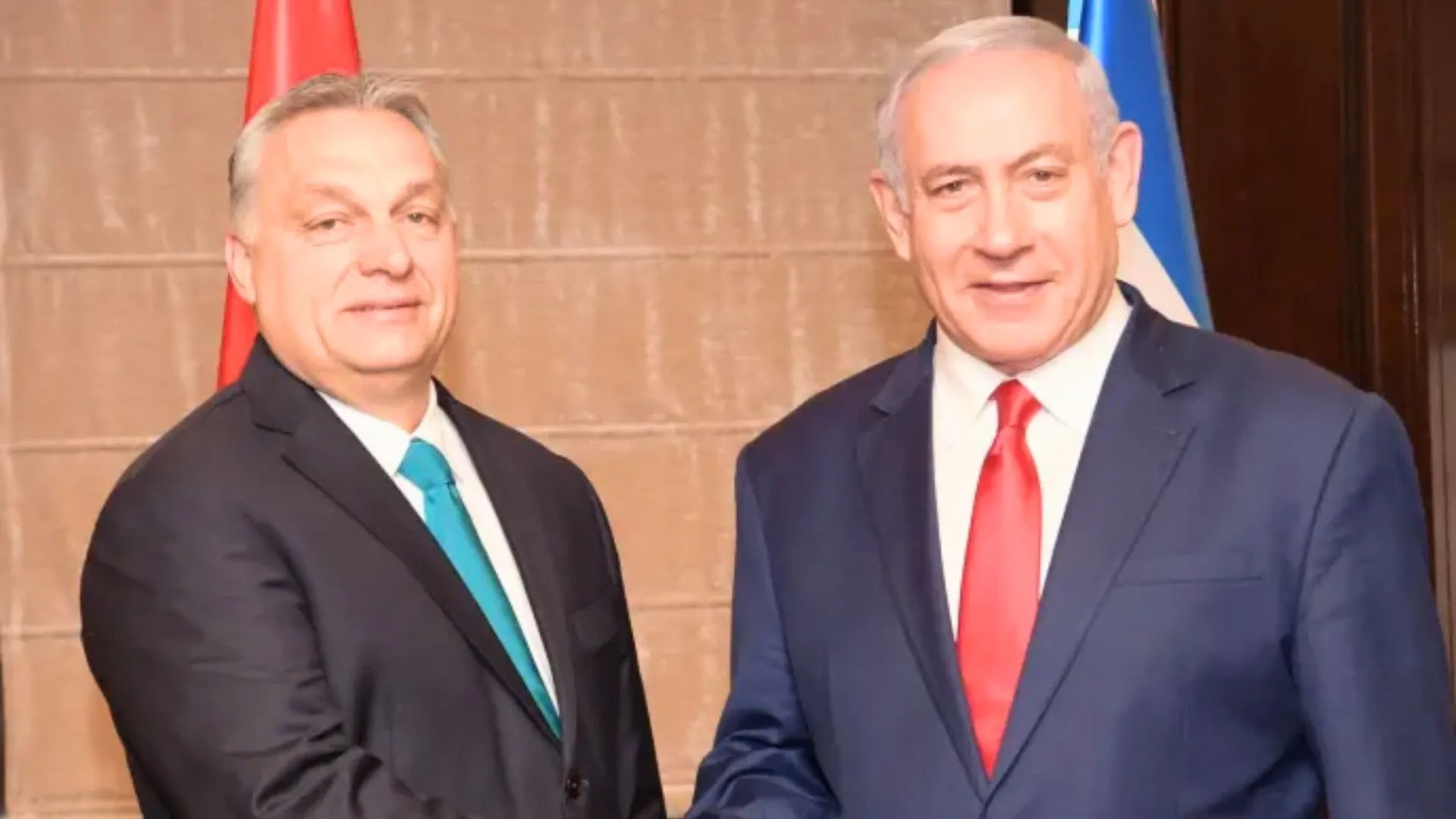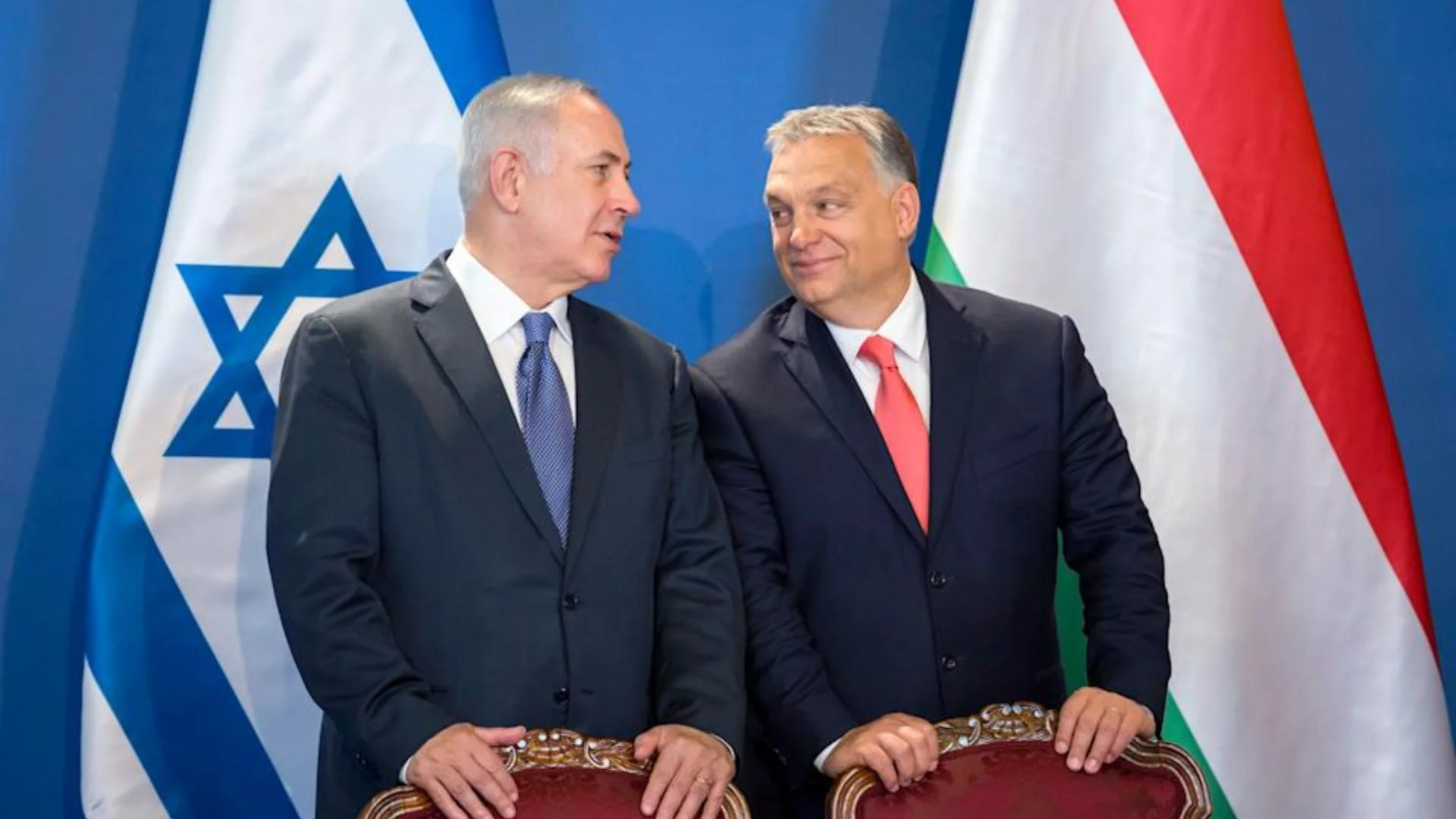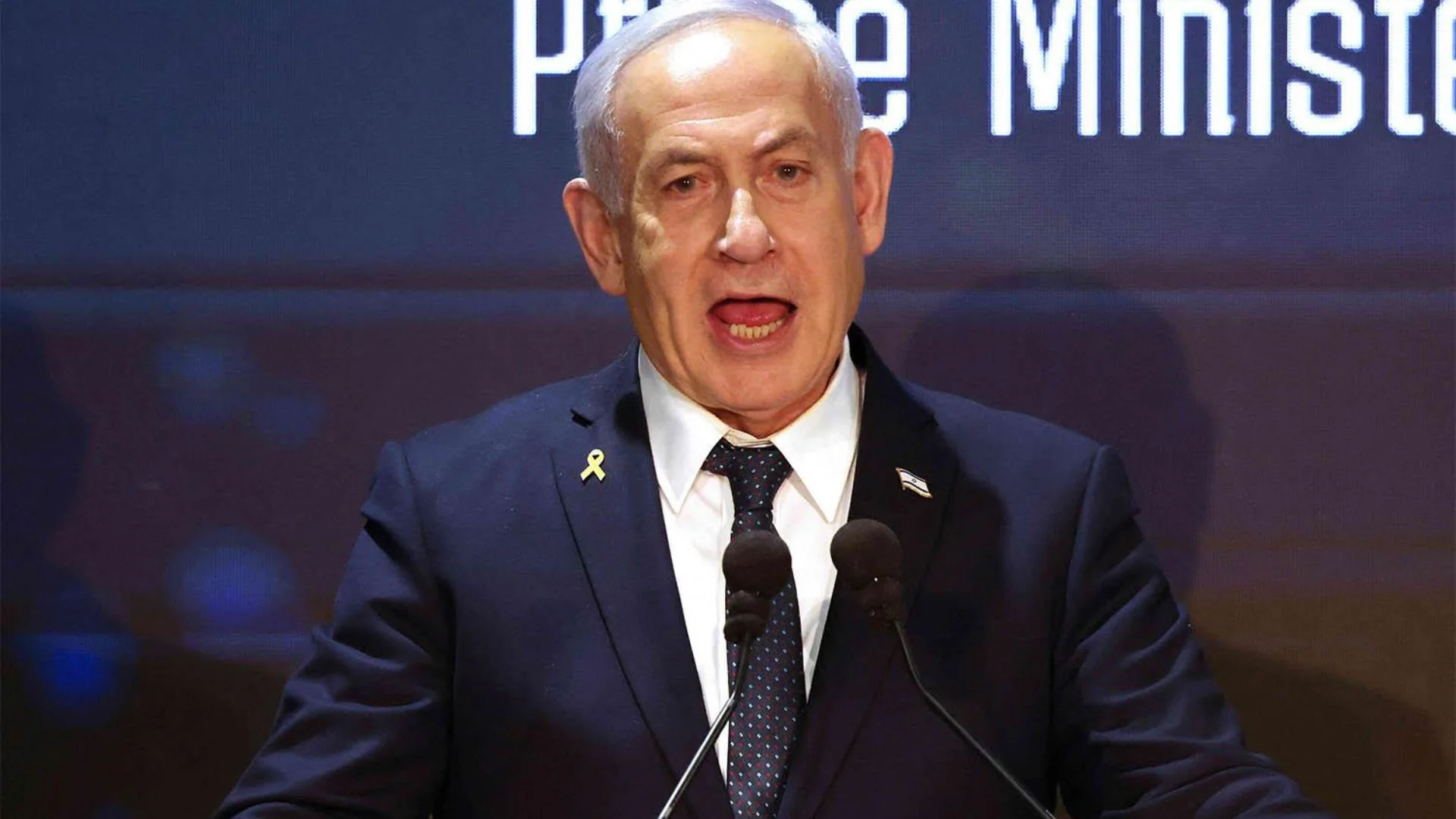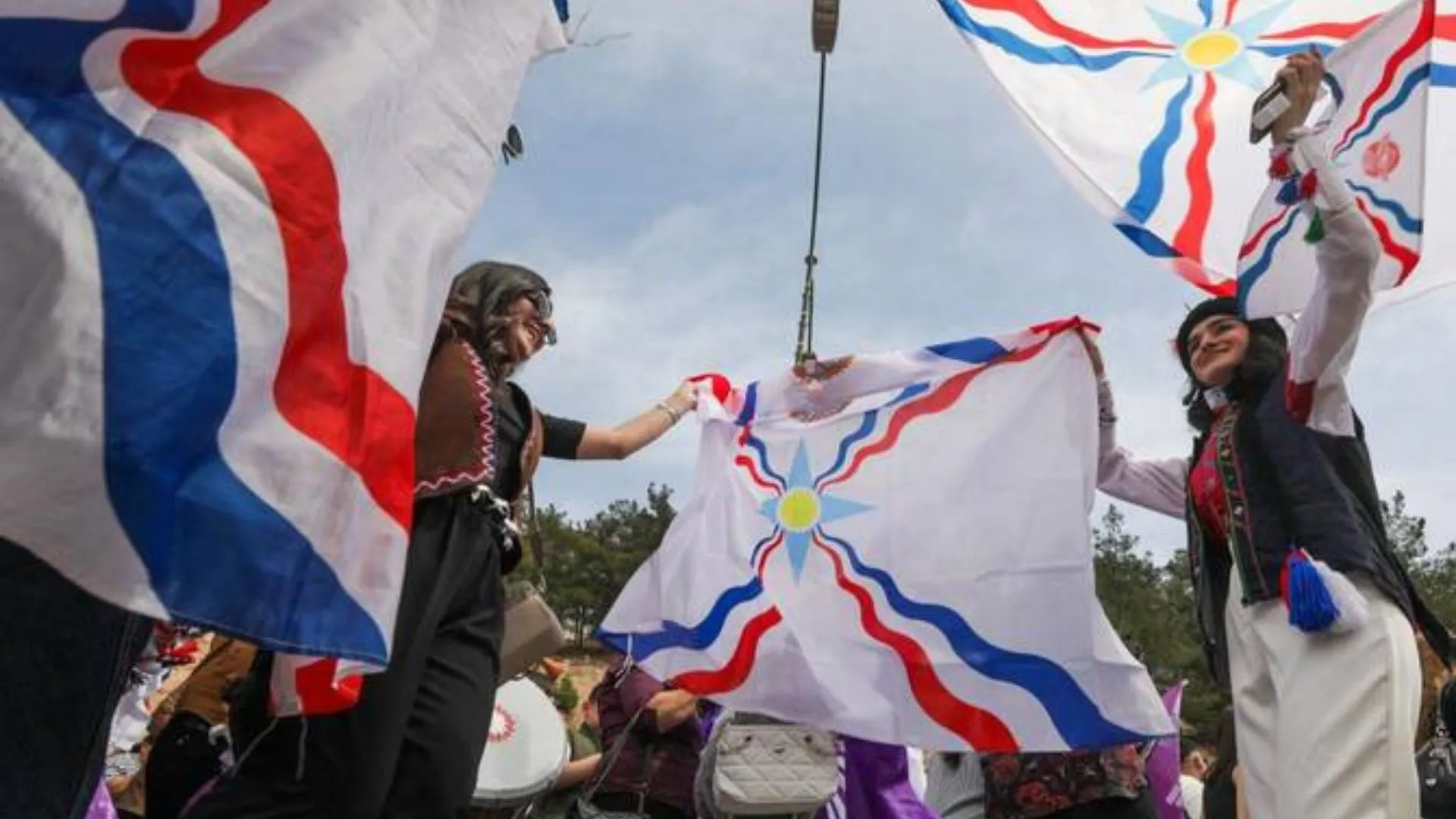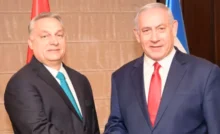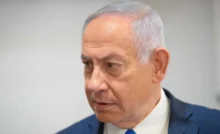The Turkish opposition continues to demand early elections and the release of Istanbul Mayor Ekrem Imamoglu, whose arrest on corruption allegations has triggered the country’s biggest protests in more than a decade. The protests are a big challenge to President Recep Tayyip Erdogan’s decades-long rule.
Since the arrest of Imamoglu on March 19, protests have broken out nightly throughout Turkey. The opposition Republican People’s Party (CHP) organized hundreds of thousands to march in a mass protest on Saturday calling for his release. Imamoglu, who is considered Erdogan’s most powerful political opponent, is still jailed in Silivri.
With Turkey going into a public holiday for the end of Ramadan, CHP leader Ozgur Ozel launched a national petition calling for the release of Imamoglu and early elections. He promised to stage weekly protests throughout Turkey’s 81 provinces and Istanbul’s districts. “Ekrem Imamoglu’s only sin is being Erdogan’s opponent,” Ozel stated in a visit to Imamoglu’s hometown.
Meanwhile, authorities have responded with mass arrests. Interior Minister Ali Yerlikaya reported that 1,879 people have been detained since March 19, with 260 held in custody. Among them is Swedish journalist Joakim Medin, accused of participating in a 2023 anti-Erdogan protest in Stockholm. Sweden’s government has demanded his release, calling the charges “absurd.”
Even though Erdogan has referred to the protests as “street terror,” the movement keeps on gathering steam. EU Enlargement Commissioner Marta Kos criticised Turkey’s assault on journalists, stating that it is incompatible with the nation’s obligations to democratic principles.
As the opposition campaign gathers momentum, Imamoglu is adamant, making a promise through his attorneys, “We will find a way to be together.” The protests provide the juncture at which Turkey’s politics is tested for Erdogan’s control before the 2028 polls.


